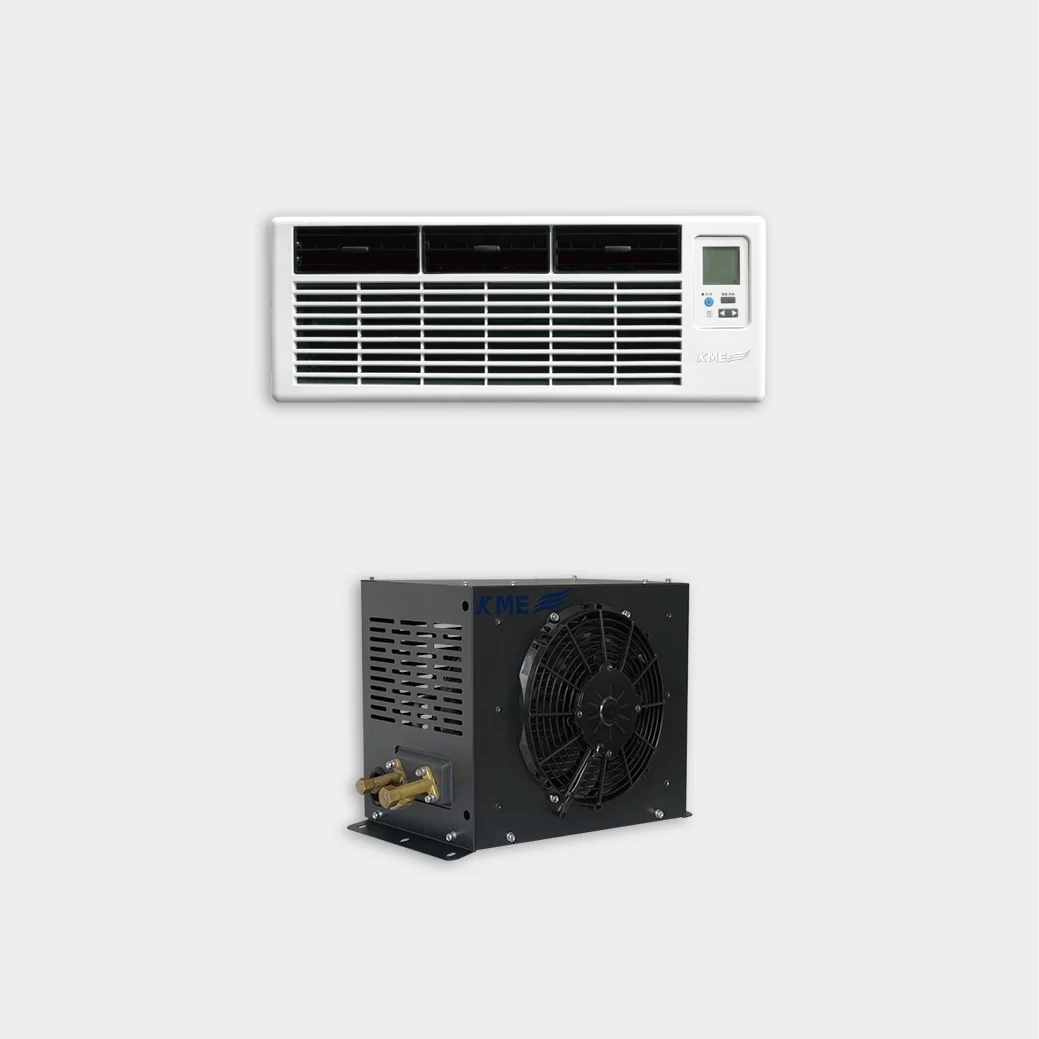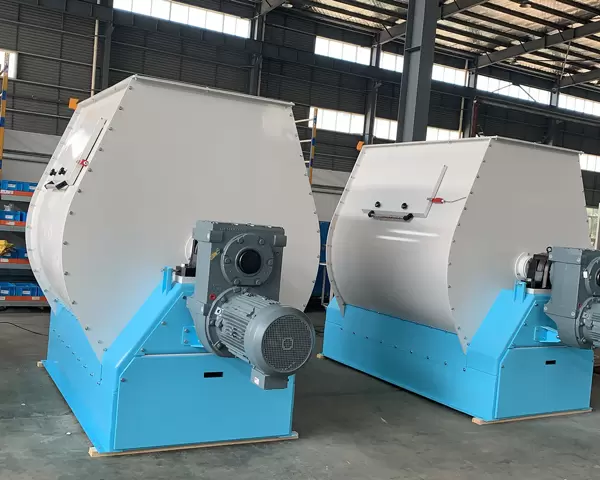Marine air conditioning systems play a vital role on ships, providing a comfortable working and living environment for crew members. However, in actual use, marine air conditioning systems may frequently experience power outages, which not only affects the normal use of air conditioning but also poses a potential threat to the safe operation of the ship. This article will discuss in detail the various reasons for frequent power outages of marine air conditioning and propose corresponding solutions.
Analysis of the causes of frequent power outages of marine air conditioning
Unstable power supply: The power supply of ships mainly depends on diesel generators or shore power. When ships are sailing at sea, the power supply stability of diesel generators is directly related to the normal operation of the air conditioning system. If the generator fails or the load is too large, the air conditioning system may be powered off.
Failure of the air conditioning system itself: Failures within the air conditioning system are also common causes of power outages, such as compressor damage, capacitor aging, circuit board failure, etc. These failures may cause the air conditioning system to fail to work properly, or even trigger the protection mechanism and automatically power off.
Control system failure: Modern marine air conditioning systems are usually equipped with complex electronic control systems that are responsible for monitoring and adjusting the operating status of the air conditioner. If the control system fails, it may cause incorrect operating instructions, causing the air conditioner to power off.
Improper maintenance: When a ship is sailing at sea, the maintenance of the air conditioning system is often not as convenient as on land. If there is a lack of regular inspection and maintenance, the filter, condenser and other components in the air conditioning system may lose efficiency or even cause failures due to dust accumulation or corrosion.
Design or installation defects: If the air conditioning system is not designed properly or installed properly, it may cause instability during operation, such as poor refrigerant flow caused by unreasonable pipeline layout, short circuits caused by irregular electrical wiring, etc.
External environmental factors: The marine environment is changeable, and extreme weather conditions such as strong winds, high waves, high temperature, and high humidity may affect the stable operation of the air conditioning system. Especially in tropical waters, high temperatures, and high humidity will increase the load of the air conditioning system and increase the probability of failure.

Solution suggestions
Strengthen power management: Regularly inspect and maintain the ship's power system to ensure the stable operation of the generator and distribution equipment. If necessary, consider adding backup power or optimizing power distribution to improve the power supply stability of the air conditioning system.
Regular maintenance: Develop a detailed air conditioning system maintenance plan and strictly implement it. Regularly clean or replace the filter, check the status of the condenser and evaporator, and replace aging parts in time to reduce the probability of failure.
Improve the reliability of the control system: Use high-quality electronic control components to improve the anti-interference ability and stability of the control system. At the same time, regularly test and calibrate the control system to ensure that it executes the operating instructions accurately and without error.
Optimize design and installation: In the design stage of the air-conditioning system, the particularity of the ship should be fully considered to avoid design defects. During the installation process, the specification should be strictly followed to ensure that each component can be installed correctly.
Strengthen training and emergency preparedness: Strengthen the training of crew members on the operation and maintenance of the air-conditioning system to improve their ability to identify and handle air-conditioning system failures. At the same time, formulate emergency plans so that measures can be taken quickly when the air-conditioning system fails to reduce the impact on ship operations.
Frequent power outages in marine air-conditioning systems are a complex problem involving the power supply, the system itself, control maintenance, design and installation, and the external environment. Through the analysis of these causes and targeted solutions, the occurrence of air-conditioning power outages can be effectively reduced to ensure the normal operation of the ship and the comfort of the crew's life.
As a professional marine air conditioner exporter, we are well aware of the challenges and importance of marine air conditioning systems operating in complex marine environments. In response to the industry pain point of frequent power outages, we provide efficient and stable air conditioning products, focusing on solving the problem at the source. We are committed to providing customers with a full range of solutions to ensure that marine air conditioning systems can operate stably in any environment, create a comfortable and safe living environment for crew members, and ensure the continuity and efficiency of ship operations.
www.kmevehicleac.com
Taicang Kyowa Mechanical & Electrical Co.,Ltd.

